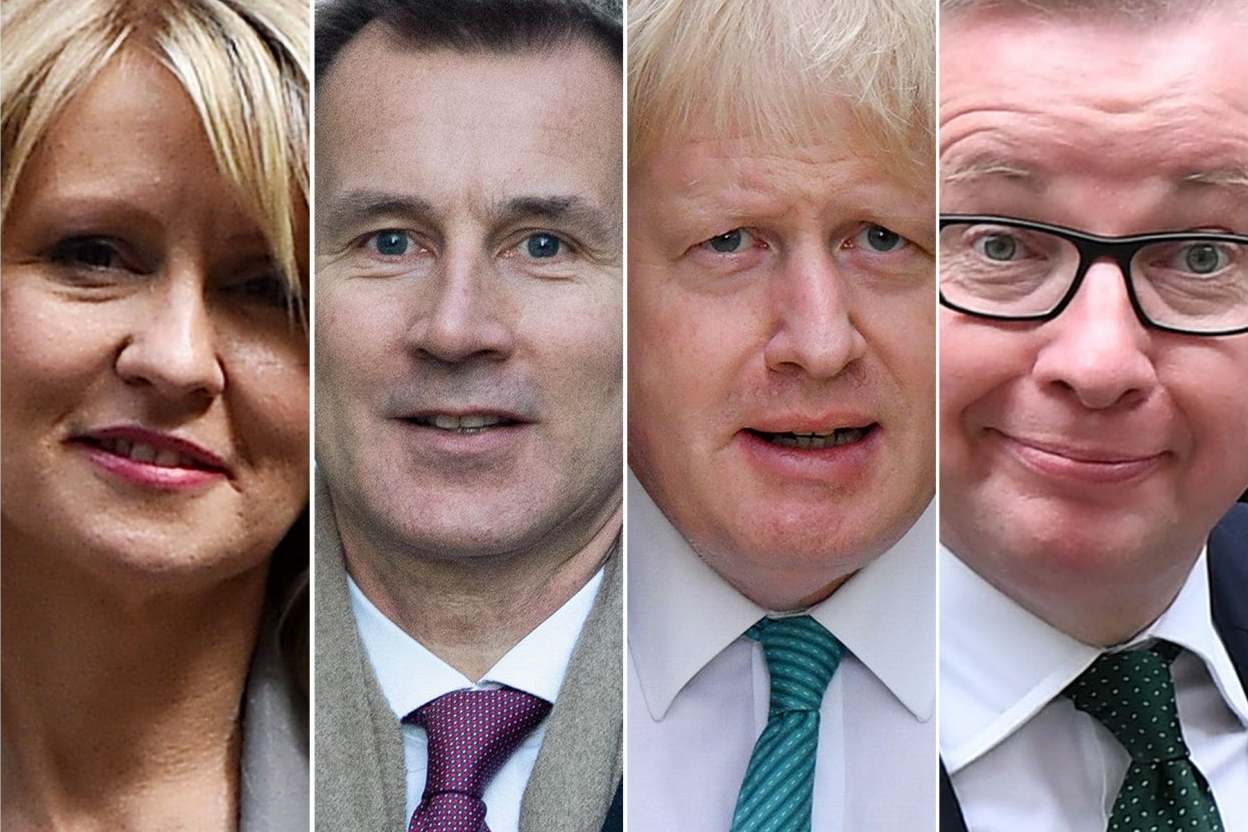Don’t listen to Tory leader contenders – there will be no economy boost unless we accept the EU’s terms on Brexit
Whoever the new prime minister is, they won’t be able to change the economic situation they inherit. Instead, they’ll have to play that hand of cards as it currently exists, rather than throwing them back and asking for another


This has been the weekend where the Tory hopefuls have set out their stalls. Change the VAT system; don’t pay the EU its divorce settlement until there is a trade deal; cut the rate on student loans (that’s a sensible one); shut down parliament.
To spoil the fun, let’s look at the practicalities – what the new prime minister will face after he or she is in place. Here are my top five negatives ones:
One: There is no time to renegotiate the thrice-rejected Brexit deal before the present extension of membership ends on 31 October, even if the EU were willing to do so. There will also be a new Commission and the summer is being spent sorting out the jobs.
Two: We don’t know whether the other EU countries would grant another extension. Probably yes, but it’s not clear that would happen.
Three: The delay to Brexit is starting to dampen down activity. The economy has done very well over the past three years, much better than the “project fear” advocates projected. That infamous Treasury report on the impact of leaving the EU is here. But in recent weeks things seem to be going soft, and prolonged uncertainty is likely to delay matters further. This is not good.
Four: There is an incipient global downturn gathering pace. The German economy looks particularly weak and it is the UK’s second biggest export market after the US.
Five: All the proposals of the potential candidates involve spending more public money – even those that suggest using payments to the EU as a bargaining chip – and any slowdown in the economy will cut the tax take. Up to now revenues have been remarkably strong, but continued strength cannot be assured.
That is a glum list. There is nothing a new prime minister can do to change the economic situation he or she inherits. They will have to play that hand of cards as it is, not throw them back and ask for another.
Now to the five more positive practical points:
One: Public finances are OK. The fiscal deficit is down to little more than 1 per cent of GDP. It would be better to be running a surplus at this point of the economic cycle, because we must be near the top of it and the long-term structural pressures on public spending from our ageing population remain daunting. But this is good enough for now.
Two: Our service-oriented, consumer-driven, job-rich economy has proved to be very robust. If there is indeed a global downturn, as I expect there will be next year, the UK should be in better shape than most to ride through it.
Three: Once the EU leaving deal is out of the way – assuming it is – the focus will shift to the country’s trading relationship with Europe. There, the negotiations will be quite different to the negotiation of Brexit itself. Europe will want access to the UK market, which over the past decade has grown at roughly double the rate of the Eurozone. These talks should be more evenly balanced and more harmonious.
Four: The new prime minister inherits the UK’s excellent public service. One of the things we have learnt in the past three years – actually should have known all along – is that a competent, apolitical civil service is a huge asset to a democracy. It was not able to stop Theresa May from making mistakes, but it worked within her limitations to do the best it could for the country.
Five: The long-term economic outlook for the UK remains favourable. It almost certainly has a higher trend growth rate than most of the rest of Europe. Services will become more important in global trade relative to goods, and the UK is the second largest exporter (after the US) of services in the world. And it has relatively favourable demography, in the sense that while our society is getting older, it is doing so more slowly than most of the rest of the developed world.
In short, this is not a bad hand of cards to be dealt. But it has to handled sensitively and intelligently. That is what we will ask of the next prime minister.

Join our commenting forum
Join thought-provoking conversations, follow other Independent readers and see their replies